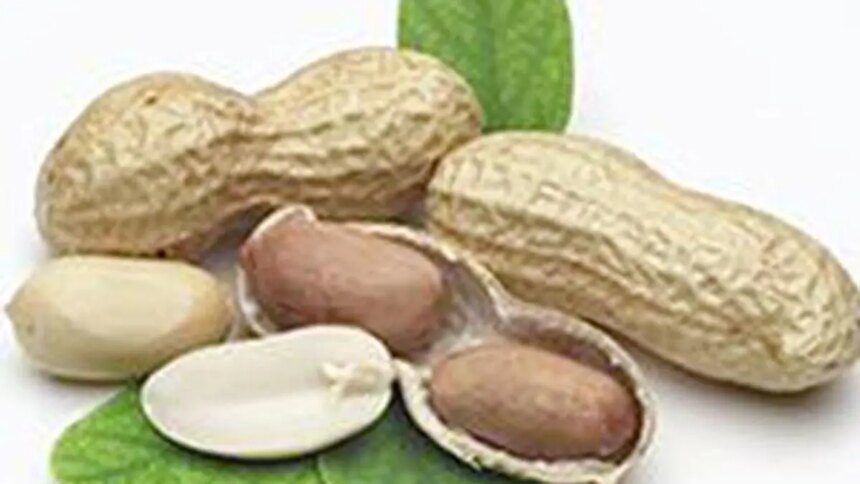“peeled, shelled peanuts” | Photo Credit: kaanates
Indonesia suspended the import of groundnuts from India from September 3, following a notification issued on August 27. The suspension followed reports of the presence of aflatoxins, seen as molds in grains and oilseeds, in Indian groundnuts.
Abhishek Dev, Chairman of the Agricultural and Processed Food Export Development Authority, told businessline that Indonesia has responded to India’s communication and is sending the team.
A New Delhi-based trade analyst said Indonesia will likely resume importing Indian groundnuts after the team visits India and satisfies itself with the processes and procedures being followed by growers and exporters.
Exporters dispute findings
The Indonesian team will likely inspect the facilities that handle groundnuts for exports. Aflatoxins are considered poisonous compounds. They are produced by the Aspergillus flavus and Aspergillus parasiticus fungi, which contaminate groundnuts in warm, humid conditions. These toxins are reported to be genotoxic, carcinogenic, and pose risks to human and animal health, with Aflatoxin B1 being a potent liver carcinogen.
Trade sources said APEDA reached out to the Indonesian Quarantine Authority (IQA) over the suspension of groundnut imports in the first half of September.
Even as the ban was imposed, exporters disputed Indonesia’s delayed process in notifying the presence of aflatoxins in the groundnut shipments.
Exporters say there have been at least a couple of issues with Indonesia’s handling of the groundnut import issue from India. One, the IQA reported problems of aflatoxin in consignments three months after they landed from India.
Indonesia’s share
“No one is sure how the groundnut was stored for three months, and the facilities available in the warehouses. We are unable to accept a decision taken three months after consignments land at the ports,” said the New Delhi-based analyst.
The second issue is that exporters say Indonesia’s testing standards do not conform to standards defined by the World Trade Organisation (WTO). For example, IQA tests a sample by taking one kg of groundnuts from the consignment, whereas APEDA takes 20 kg for testing.
Indonesia imports a third of India’s groundnut exports. Last fiscal, it imported 2.77 lakh tonnes valued at $280 million of the total 7.46 lakh tonnes valued at $795 million shipped out by India.
“The suspension of groundnut imports by Indonesia could cost India ₹410 crore ($46.65 million) these two months,” said the analyst.
Current prices
Indian exporters are keen to resume shipments since the kharif groundnut harvest has begun in some parts of the country. According to the Solvent Extractors Association, kharif groundnut production has been estimated at 46 lakh tonnes, almost the same as last year. This is despite the area under the oilseed increasing to 48 lakh hectares (lh) from 47.65 lh a year ago.
“The lack of institutional memory is one of the impediments to India’s agricultural exports. We lost the basmati and groundnut markets in Europe and the organic products market in South-East Asia due to this,” the analyst said.
The weighted average price of the oilseed, however, is around ₹4,885 a quintal now, compared with the minimum support price of ₹7,263 fixed by the Centre for the current crop year to June 2026.
APEDA April advisory
Indonesia’s suspension of Indian groundnut imports came within five months of APEDA issuing an advisory asking testing laboratories to strictly follow the procedures for the export of groundnut and groundnut products. It asked them to focus on the requirements and procedure to be followed for sampling, analysis and shipment stuffing.
The advisory was issued after IQA said it was stepping up monitoring of high aflatoxin levels in peanuts and wheat imported from India. The authority registered 17 food testing labs in mid-April to conduct testing on agri-products exported from India.
In 2022, Indonesia suspended imports of agricultural products from India for failing to register its testing laboratories and for a higher level of aflatoxin in groundnuts.
Published on October 22, 2025










